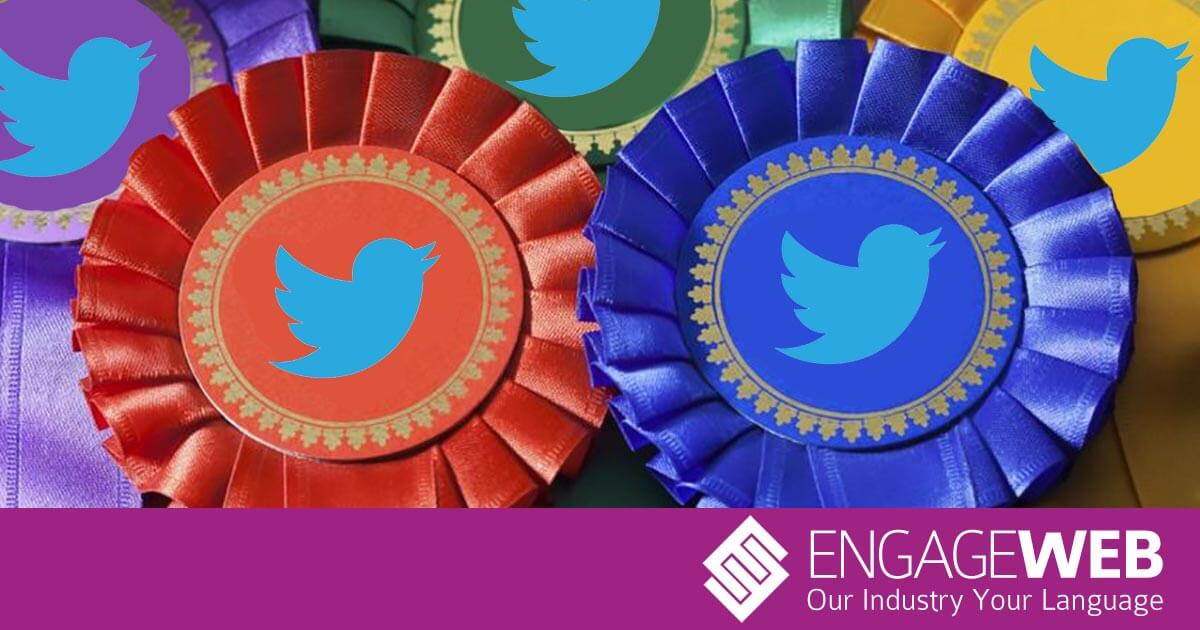In the last few days, Twitter has cracked down on accounts it deems to be associated with spreading hatred and inciting violence. Among the accounts to have been suspended are those of far-right political party Britain First, as well as Paul Golding and Jayda Fransen – the party’s leader and deputy respectively.
The ultranationalist party was in the news last month when U.S. President Donald Trump retweeted three of its videos. Despite being made fully aware of what Britain First represents, and condemnation from Prime Minister Theresa May, Trump did not remove the videos and defiantly tweeted telling May to stay out of it – a bit rich given that he had just used his extreme power and privilege to give public endorsement to an extremist group who most of us Brits would prefer to keep quiet.
https://www.twitter.com/realDonaldTrump/status/936037588372283392
Trump, if he’s capable of engaging thought, should really consider whether he wants to associate himself with this group. Among Britain First’s proud honours are:
– Holding ‘Christian Patrols’ in pre-dominantly Muslim areas
– Using murdered soldier Lee Rigby as a poster boy for their campaigns, ignoring his family’s pleas to stop doing this
– Being linked to the murder of MP Jo Cox, with the murderer shouting the name of the party as he committed the attack
– Pestering Muslims through leaflet and video campaigns, leading Golding and Fransen to both be charged with religiously aggravated harassment in September.
There’s little doubt that Golding, Fransen and the organisation they represent are all pretty nasty pieces of work, but does that mean that Twitter is right to ban them? In a liberal, tolerant society, how tolerant should we be of groups that spread intolerance?
The political compass
To discuss this, I’d like to share a theory on politics that I’m not the first to express, but one I’m finding myself agreeing with.
We usually view politics in terms of left and right, but in reality it’s more complex than this. The political compass model identifies another political axis – authoritarian and libertarian.
Traditionally, we tend to link the right to authoritarianism. The most obvious examples of this are fascist dictators like Hitler and Mussolini, but on a much less extreme scale, you could think of conservative groups like the National Viewers’ and Listeners’ Association, headed by Mary Whitehouse, who would constantly call for material they didn’t like to be banned.
The upshot of this is that the political left is marginalised and oppressed, but at the same time galvanised. However, perhaps spurred by movements like political correctness, recent times have seen the left become arguably the more authoritarian political orientation. Right-wing views are often dismissed as ‘racist’, ‘bigoted’ and ‘stupid’, and followed by calls to silence them altogether.
The problem is that you don’t change anybody’s mind by insulting them or telling them to shut up. You actually strengthen their stance. Perhaps we saw this in the Brexit and Trump votes last year, where people displayed “polling booth rebellion” against what was seen as the socially normal view.
For this reason, I don’t believe Twitter is right to suspend the accounts of Britain First and its key figures, but I do believe both it and Facebook could be doing a much better job of educating people on what they are posting and sharing.
On Facebook, Britain First has 1.9 million likes, which is far more than any other UK political party, but do all these people really subscribe to Britain First’s views and policies? I doubt it. Most of them have probably just got the wrong end of the stick, like the well-meaning auntie who shares their memes on Remembrance Day and then has to be given a lesson by younger family members on social media etiquette.
So if people are liking, sharing and posting material on Facebook, not realising that they don’t actually agree with it, this surely is Facebook’s fault? The site is doing a poor job of educating people.
Rather than censoring it, perhaps Facebook and Twitter could consider introducing an accurate, neutrally written description to certain groups’ profiles. Wikipedia is very good at doing this, and describes Britain First as ‘far-right’, ‘ultranationalist’ and ‘anti-Islam’. Perhaps social media sites could team up with Wikipedia (and in doing so give the online encyclopaedia some of the money it keeps nagging us for!) to help users make informed decisions on which pages to interact with?
For attitudes to really change, we need to communicate more – even with people we don’t agree with. Social media is at the apex of modern communication, and therefore needs to be leading by example.
- How to find a circular reference on Excel - May 23, 2024
- Five life skills learned from internet marketing - January 3, 2024
- How artificial intelligence can (and can’t) help you write content - September 29, 2023



